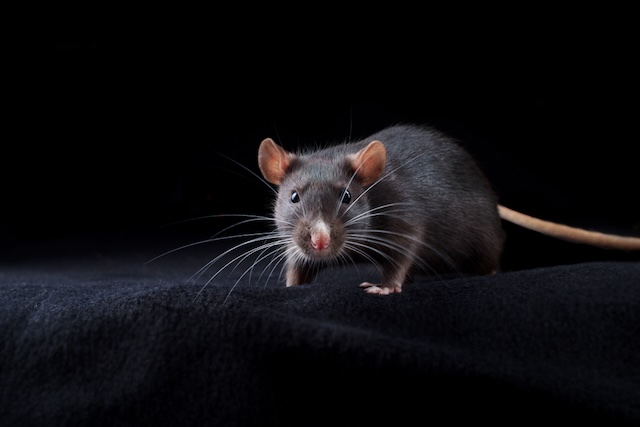Rats and people who live in homes are always fighting, so it’s important to understand how these tough rodents use their senses. Rats are often seen as pests because they have a lot of babies and can spread diseases. They have developed very advanced senses that help them stay alive and often get around traditional pest control methods.
1. A very good sense of smell: A rat’s very good sense of smell is one of its most important survival tools. Rats have very strong smell receptors that let them pick up on a wide range of smells. Rats need to be able to smell very well in order to find food, spot possible danger, and talk to other rats. When it comes to pests, rats can find their next meal and unfortunately get into our homes by smelling even tiny amounts of food.
2. Sharp Hearing: Rats have very good hearing. They can hear a lot more frequencies than people can, so they can pick up on high-pitched sounds, even ultrasonic frequencies that are used for communication. These animals have a very good hearing that helps them avoid being eaten by predators and hear the subtle sounds that mean danger or traps set by homes.
3. Night Vision and Getting Used to Darkness: Because rats are nocturnal, they have gotten used to low light and developed great night vision. There are a lot of rod cells in their eyes, which helps them see better in dim light. Rats can move quietly at night thanks to this adaptation, which makes them hard to catch as they search for food in the dark corners of gardens and houses.
4. Tactile Awareness: Rats have a very good sense of touch. Their whiskers, which are called vibrissae, are very sensitive and help them feel things. These whiskers help rats find their way through tight spaces and notice when something is different around them. Because they are so sensitive to touch, they can find and use entry points into homes.
Rats are known to eat almost anything, but they also have a very good sense of what is good and bad for them. This helps them tell the difference between types of food and pick foods that meet their nutritional needs. Homeowners who want to use effective baiting methods in traps need to know what kinds of foods animals like.
surroundings: Rats are very good at figuring out where things are in their surroundings and can quickly adjust to changes. This includes looking for possible dangers, like predators or changes in the way a place is set up. Because they are aware of their surroundings, they can easily avoid standard traps and move through human habitats.
In the field of pest control, understanding how highly sensitive rats are is essential for coming up with effective plans. Rats have a wide range of senses that help them stay alive. These include a great sense of smell, good hearing, good night vision, the ability to tell the difference between tastes, the ability to feel touch, and the ability to adapt to their surroundings. Rats have very good senses, so people who want to get rid of rats need to focus on methods that mess with those senses and make it harder for rats to find their way around and eat in human areas. As we learn more about rats and their habits, we gain useful information that can help us make better and more effective pest control methods.
